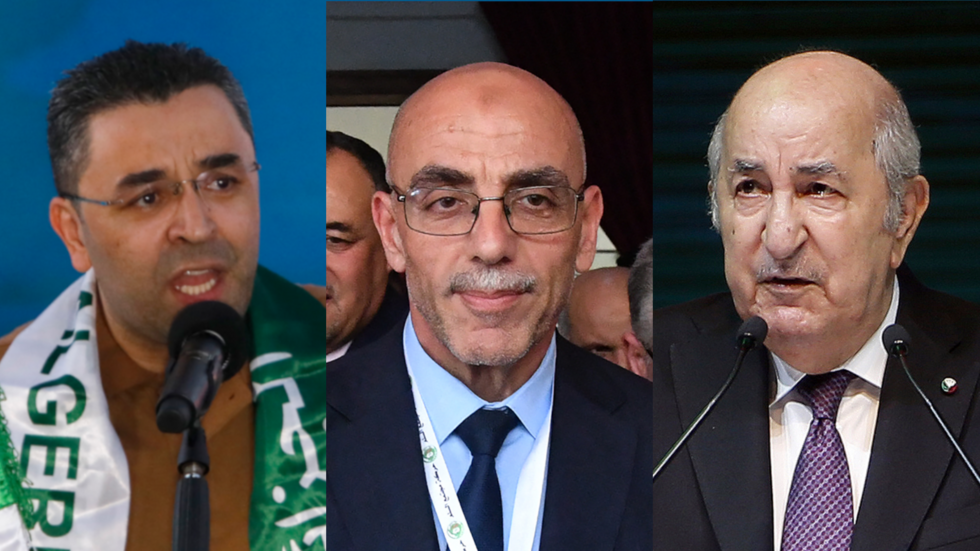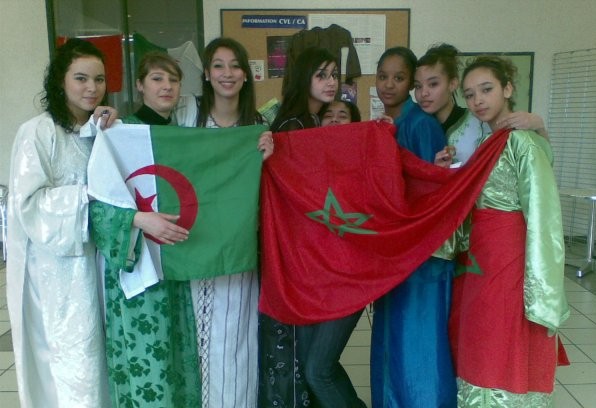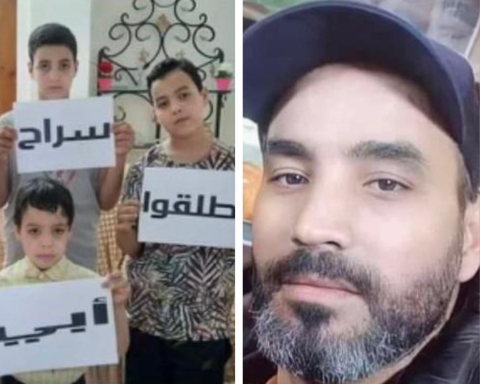Algerian presidential elections candidates contested the results and irregularities marring September 7 vote, citing inaccurate turnout and full results.
Incumbent president Abdelmadjid Tebboune was declared winner on Sunday, 24 hours after elections, with over 94% of the votes. Abdelali Hassani Cherif and socialist Youcef Aouchiche received 3% and 2.1% of votes respectively.
However, the total of votes did not equal 100%, casting a shadow over the credibility of the electoral committee.
Tebboune is thus the first president in the world to contest his own election.
While turnout was near zero in regions such as the breakaway Kabylia region, political opponents and journalists say that the vote was far lower than the announced 48%.
Registered voters stand at 24.3 million people, but only some 5.4 million people voted for Tebboune. That is a real turnout of 23%.
The figures announced by the electoral committee are “unclear and contradictory,” the three candidates said in a joint statement, citing turnout figures and final results.
A day earlier, Islamist presidency hopeful Abdelali Hassani Cherif denounced “dysfunctions” and “inflated results.”
“We regretfully note the return of old practices that could have been avoided, including: pressure on some polling station supervisors to inflate results, failure to deliver counting records to candidates’ representatives, and collective voting by proxy,” he said in a statement.
The elections took place amid an erosion of human rights and a crackdown on dissent, Amnesty International said.
Eleven major opposition figures wrote in an open letter in July that “Algeria is in a more critical situation than before” and that the president had fostered an “authoritarian climate”.
Credible candidates like Karim Tabbou endured house arrest and were banned from any political activity.
In August, 60 political activists were arrested, mostly from the Rally for Culture and Democracy (RCD) party.
Last week, Fethi Ghares, a stalwart of the 2019 uprising and leader of the Democratic Social Movement party, banned last year, was detained along with his wife for “insulting the president”.
A crackdown of civil liberties led the regime to suspend summer festivals and ban pro-Palestinian marches fearing the protests would derail to denounce the regime.
The Algerian regime is still thumbling at any call that would re-ignite calls for democracy following the example of the 2019 Hirak that prevented Bouteflika from a fifth term.



